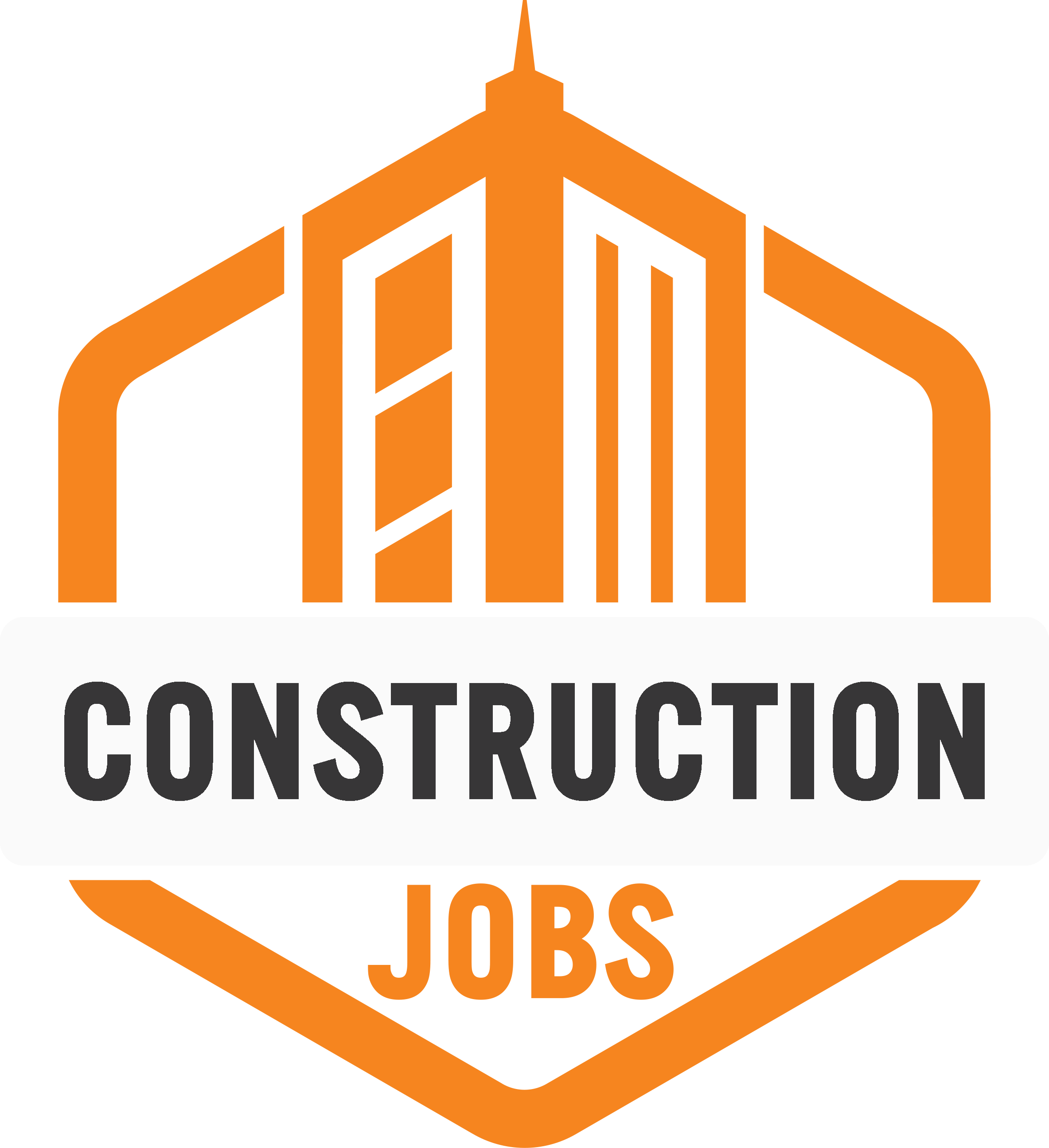7 Advantages to Women Working in Construction
Women in construction benefit from a more inclusive industry, strong support networks, leadership opportunities, and equal pay.

While construction has traditionally been a male-dominated field, there has never been a better time to enter the industry as a woman. The sector needs more employees, which has forced it to leave its “old boys' club” bias behind. Women currently still make up a small percentage of the workforce, but the industry has prioritized diversity and inclusion in recent years. This has led to a sharp improvement in the male-to-female ratio.
Whether you currently work in construction or are a woman considering a career in this exciting industry, there are several advantages to being a woman in the industry.
1. The Industry Is Becoming More Inclusive
From career programs for women to changing workplace attitudes, the construction industry is experiencing a complete refresh in its approach to gender diversity. One reason for this is that the field needs more workers. There is also ample research showing the benefits of a diverse workforce in hard numbers. For example, a recent study by McKinsey revealed that organizations with high gender diversity performed 15% better than less varied competitors.
2. A Supportive Community of Female Colleagues
Along with an overall improvement in industry support for women, construction has a strong network of female colleagues. Several organizations exist solely to help support and connect women in the sector. Groups like the National Association of Women in Construction host conferences and events and offer resources for women in all areas of the industry, from executives to carpenters and everyone in between.
One program in New York, Nontraditional Employment for Women (NEW), has been particularly effective at diversifying the industry and supporting women. NEW offers several training courses and job placement resources to women from any background and age group. It has successfully helped over 3,000 women earn jobs in construction and trades over the last 10 years. Programs like this are great for the industry and help women find well-paying, rewarding careers, even in traditionally male fields.
Many guides can easily be found online, offering advice for women interested in getting into the industry themselves.
3. Opportunities for Leadership Positions
The construction industry has been called the "great equalizer" due to its accessibility to all genders and backgrounds. Minimal training and education are needed to get started, and there are many job opportunities.
Women tend to have great odds of acquiring leadership positions. In fact, 44% of women in the industry are in professional and managerial positions. An additional 28% are in office and sales positions. With statistics showing the performance advantages of a diverse workforce, construction companies will only keep increasing opportunities like these for women.
4. Better Communication
One reason women are such great candidates for leadership positions is their natural advantage when it comes to communication. Due to the way the female brain is wired, women can better understand multiple perspectives and communicate effectively. While this varies from person to person, and men can be excellent speakers as well, women have nature’s upper hand.
Communicating well is important for almost any job, but it is especially vital in construction, both on-site and in the office. Whether workers need to problem-solve at the site or discuss blueprints and designs in meetings, construction falls apart without clear communication. The great speaking and connecting skills women bring to the table are invaluable assets in the industry.
5. More Efficient Analytical Thinking
Studies have shown that women are better at analytical thinking than men. This deals with things like problem-solving, information evaluation, and decision-making. These skills are at the core of construction and vital for a safe, efficient work environment. This applies to management positions just as much as labor.
On-site, a woman might be better able to react quickly and effectively if something goes wrong, like an injury or equipment failure. From a management perspective, women’s advantage in analytical thinking means they may respond faster than men when project setbacks arise or be better at organizing and delegating.
6. More Equal Pay Than Most Industries
It may come as a surprise that the gender pay gap in construction is one of the smallest across all industries in the United States. As of 2018, women in construction earned 99.1% of what their male colleagues earned on average. That is significantly higher than the 81.1% nationwide average.
This is especially impressive given that women make up just under 1.5% of Americans working in construction. It shows how much the industry values its female workforce and how much it has grown over recent years.
This is an important point to note because the gender pay gap across the U.S. has been very slow to narrow over the years. The equity in the construction industry, while not perfect, should certainly be applauded. It’s one of the best employment options for women in the country.
7. High Wages and a Positive Career Outlook
On top of nearly equal pay between men and women, construction offers consistently high hourly wages. The average hourly pay is almost $18 for laborers, significantly higher than most state minimum wages. This means workers with little to no post-high school education can earn upwards of $37,000 a year in the construction industry. That is $10,000 more than the average retail employee and $13,000 more than the average waitress.
Construction jobs pay women well, and the job outlook for the industry is excellent. Demand for more skilled employees is only projected to increase over the coming decades. This means job security is high for these positions. Most come with comprehensive benefits, as well.
This applies to higher education engineering positions as well as labor and trade positions. Demand for well-educated civil engineers is expected to rise alongside the rest of the industry, so there will be room for women of a wide variety of skill sets and educational backgrounds. This is good news since diversity in the workplace is important and impactful at all levels.
Empowering Opportunities for the Future
Today’s workforce is more supportive of women than ever before. They have proven time and again that they are just as capable in all industries as men are, and construction is no exception. The women who work in this industry are intelligent, resourceful, skilled, and excellent leaders. Despite the masculine stereotype of the construction industry, there are many ways women are even better qualified for both trade and executive positions than men.
A more inclusive future will mean better opportunities for everyone, regardless of gender, race, or education. Welcoming women into construction will allow all of us to build a better tomorrow
Author: Rose Morrison is a freelance writer in the construction industry and the managing editor of Renovated.
- Share This →

